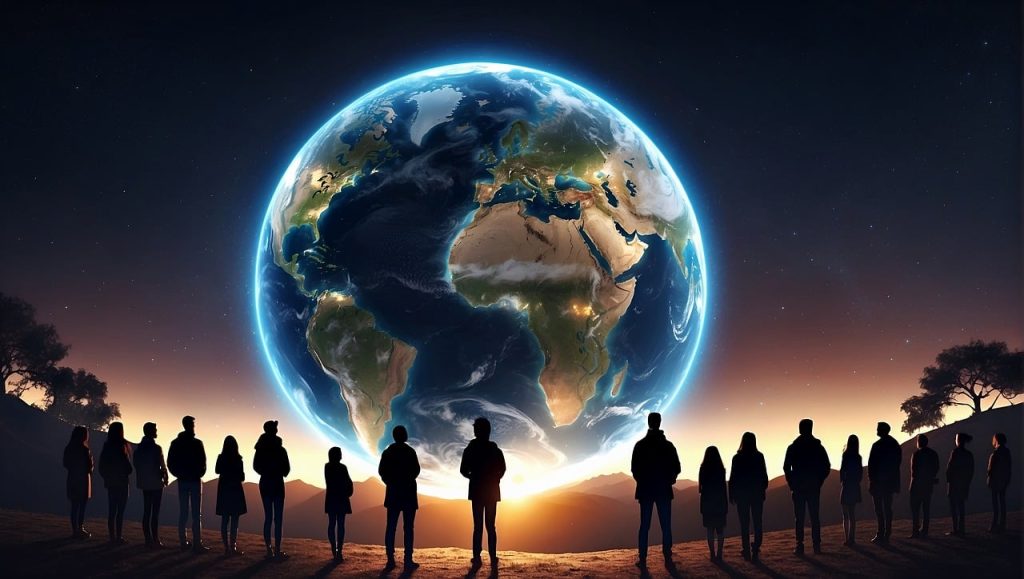As the world approaches a critical five-year window to halve global emissions, a new systematic review from the International Panel on the Information Environment (IPIE) reveals that climate misinformation is not just undermining public trust—it is actively delaying policy action and enabling continued fossil fuel expansion.
Drawing on 300 studies, the report highlights how disinformation campaigns, amplified by bots, media networks, and political actors, are reshaping public discourse and policymaking across the globe.
The report lands at a moment when key climate stakeholders—including the UN and several national governments—are preparing to formally address the issue. Brazil, host of the upcoming COP30, is rallying nations behind a UN-backed initiative to confront climate disinformation. Meanwhile, the UN’s special rapporteur on human rights and climate change, Elisa Morgera, has called for fossil fuel misinformation and greenwashing to be criminalized.
What was once overt climate denial has morphed into more nuanced forms of obstructionism, according to the IPIE. False narratives now focus on discrediting climate solutions rather than disputing the science itself. One cited example: claims that renewable energy triggered a recent blackout in Spain—a narrative pushed heavily online without evidence.
This evolution in strategy reflects what the report calls a “dual deception.” First, the fossil fuel industry downplayed its role in climate change; now, it rebrands itself as a low-carbon player while lobbying against meaningful reform.
Conservative media ecosystems have been central to this effort. The IPIE points to rightwing outlets and parties such as Germany’s AfD, Spain’s Vox, and France’s National Rally for actively spreading disinformation. In the U.S., former president Donald Trump’s climate denial rhetoric—described as “unfounded” and “logically fallacious”—has been extensively amplified by social media bots, creating viral narratives divorced from scientific consensus.
Targeting Decision-Makers, Not Just Public Opinion
While much attention has focused on online misinformation targeting the general public, the IPIE stresses that high-level disinformation campaigns are increasingly aimed at lawmakers, civil servants, and regulators. Jensen characterizes these efforts as “something approaching a conspiracy,” where alliances between fossil fuel interests and ideological think tanks work to stall regulation from within.
The report also names Russian intelligence operations for actively deploying climate disinformation through troll farms, further weaponizing the information environment for geopolitical ends.
The UN Secretary-General António Guterres has already proposed a ban on fossil fuel advertising, calling industry actors the “godfathers of climate chaos.” Legal action is also underway, with several cases globally testing the liability of corporations and media platforms that disseminate knowingly false claims.
Yet major knowledge gaps remain. Of the 300 studies reviewed, only one focused on Africa—a stark indicator of geographic bias in climate misinformation research. That imbalance, Jensen notes, risks leaving entire regions vulnerable to manipulation while global strategies are shaped largely by English-language discourse.
With climate policymaking entering a turbulent phase marked by economic anxieties, political polarization, and mounting pressure from industry, the IPIE report functions as both a warning and a roadmap. Its findings support growing international momentum toward treating climate misinformation not just as a communications challenge, but as a structural impediment to climate action on par with financial or technological barriers.
Stay updated on the latest in energy! Follow us on LinkedIn, Facebook, and X for real-time news and insights. Don’t miss out on exclusive interviews and webinars—subscribe to our YouTube channel today! Join our community and be part of the conversation shaping the future of energy.
